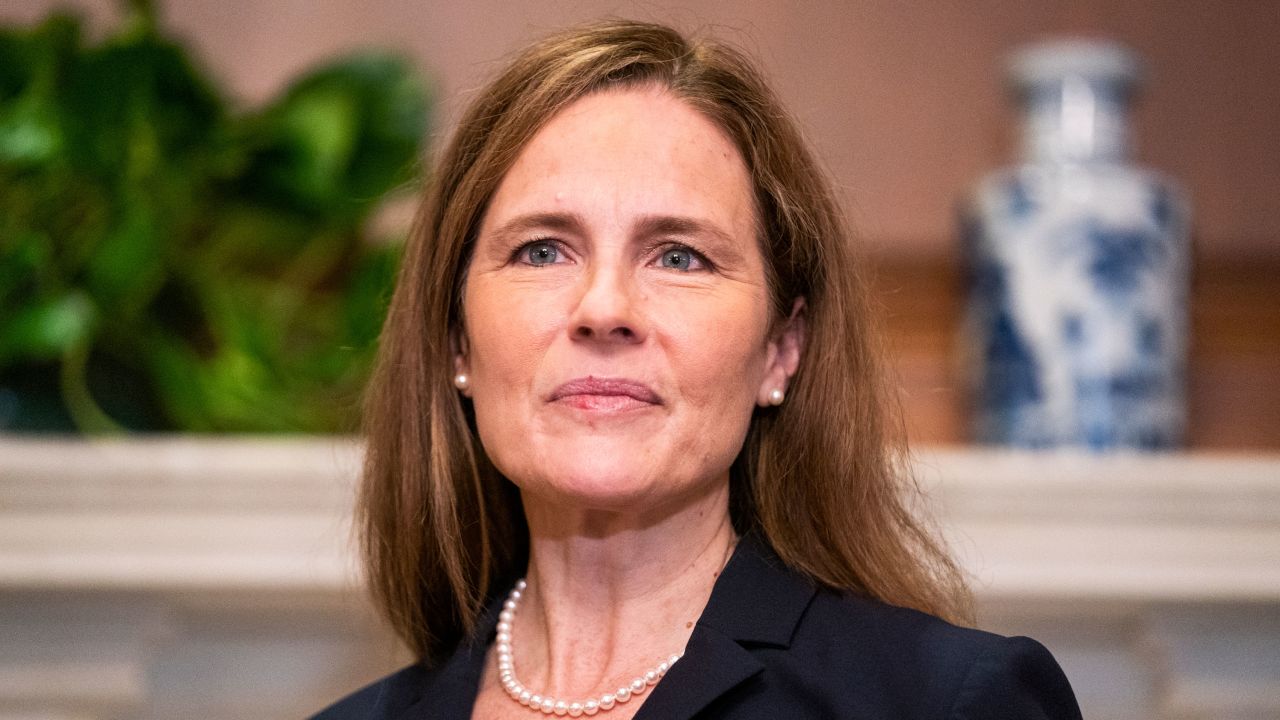The Supreme Court appeared to be searching for a middle ground Thursday in response to former President Donald Trump’s claims of sweeping immunity, unwilling to grant him the broad protections he has sought but also unwilling to give special counsel Jack Smith carte blanche to pursue his election subversion charges.
Trump’s attorney, D. John Sauer, acknowledged some of his client’s actions following the 2020 election were private, and likely not entitled to immunity — an important concession that could help the special counsel.
But the justices also aggressively pressed Smith’s attorney on his own position, suggesting they would likely send the case back to a District Court for more review — and, potentially, far more delay.
Michael Dreeben, representing Smith, came under heavy fire from several of the court’s conservatives, including Chief Justice John Roberts and Justice Brett Kavanaugh, who questioned whether the laws Trump is accused of violating can be applied to a former president and whether an appeals court decision that found Trump was not entitled to immunity would have dramatic consequences for democracy.
Justice Samuel Alito pressed Dreeben on whether his position would “not lead us into a cycle that destabilizes the functioning of our country as a democracy.”
Alito, a conservative, said the nation could look to other countries where, after an election, “the loser gets thrown in jail.”
The court’s liberals, including Justice Sonia Sotomayor, appeared to align behind Smith’s position. “A stable democratic society needs the good faith of its public officials,” Sotomayor said.






